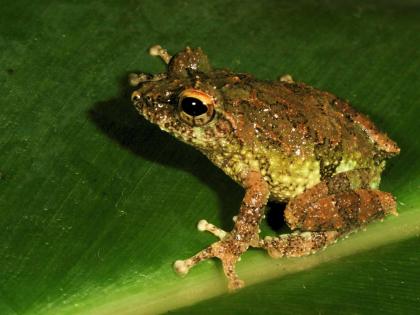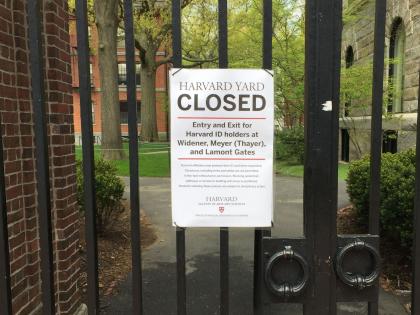Kaavya Viswanathan’s 15 minutes of fame proved unusually nasty and brutish as well as short. Publicity profiles anticipating the late-March publication of her debut “chick-lit” novel, How Opal Mehta Got Kissed, Got Wild, and Got a Life, made much of the sophomore’s reported $500,000 contract for two books, plus a movie deal. But once the Crimson reported on April 23 that her prose was remarkably similar to that in two popular novels by Megan McCafferty, the narrative quickly altered.
Viswanathan acknowledged the borrowings, but said they were “unintentional and unconscious.” Publisher Little, Brown initially stood by her, promising a revised edition of her book. Then her explanation was undercut by reports of more overlapping passages, from novels by Meg Cabot, Salman Rushdie, and Sophie Kinsella. Ensuing reports highlighted the connections that led Viswanathan from her college-counseling consultant to a literary agent to a book packager (the teen-focused Alloy Entertainment), which shared the Opal copyright.
In light of those developments, Little, Brown withdrew the novel and ended the contract. Viswanathan, by then stereotyped and pilloried as the striving heroine in her own autobiographical fiction (Opal was on a quest to get into Harvard), withdrew from the public eye.
The College’s Administrative Board never discloses the identity of students involved in its disciplinary proceedings, so whether it heeded calls to examine the alleged plagiarism vis-à-vis Viswanathan’s student standing is unknown. Perhaps the searing comic takes on the episode were punishing enough. In the man-on-the-street feature of the “Onion” website, a fictitious respondent lamented the “many things a Harvard education can’t teach you, like how to use a thesaurus to cover up your plagiarism.” The New York Times ran “How Gatsby Got Wild,” an op-ed by novelist John Kenney, on how to publish The Great Gatsby and other novels as “new” work under your own name. And humorist Andy Borowitz ’80 concluded his April 26 on-line Borowitz Report: “[W]hen asked how it felt to publish her first novel and then be charged with plagiarism, author Kaavya Viswanathan said, ‘It was the best of times, it was the worst of times.’”







